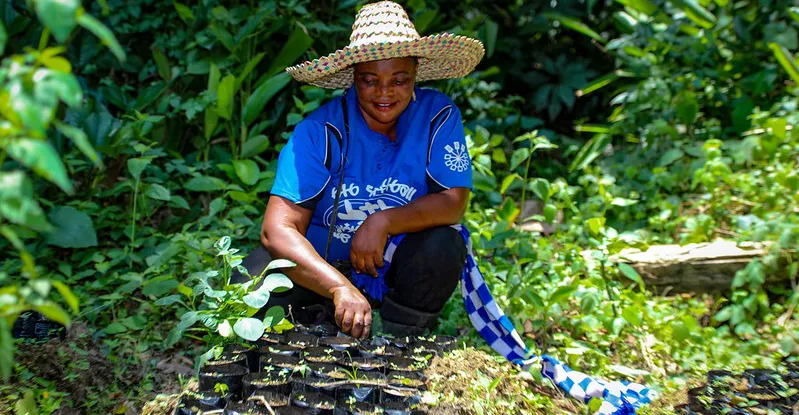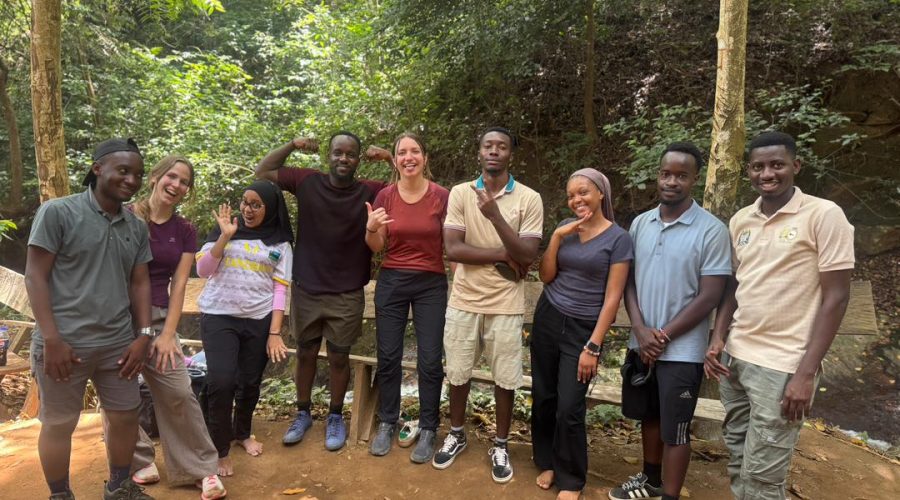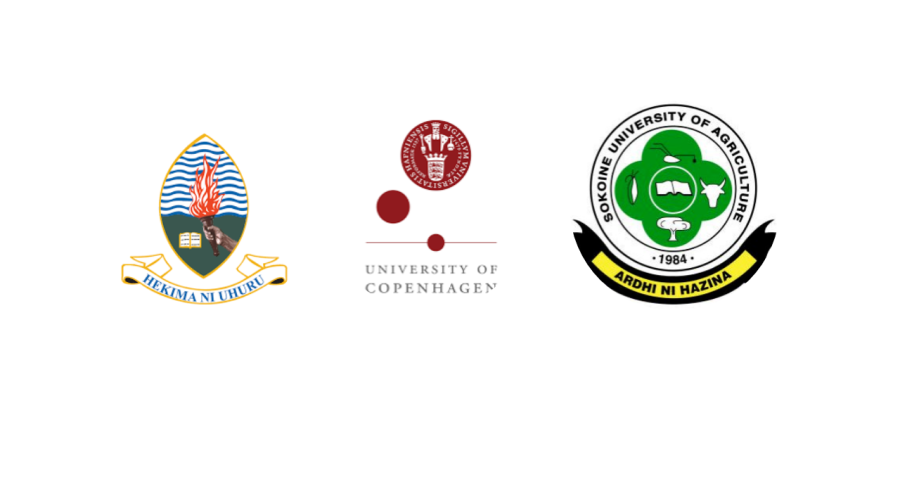Tree-planting pledges have soared globally, spawning an ‘any-trees-at-minimal-cost’ solution to climate change that often does more harm than good from a biodiversity, carbon, and land perspective. In response, the global botanical community is preparing to launch the world’s first certification to recognize land-management initiatives that enhance, rather than deplete, biodiversity, while sequestering carbon and contributing to resilient livelihoods.
At this year’s annual UN climate change conference (COP28), director of science at Kew Royal Botanic Gardens Alexandre Antonelli announced that the Global Biodiversity Standard, under development since COP26, is expected to launch in mid-2024. The goal is to specifically recognize and promote the protection and enhancement of biodiversity across land-management initiatives like tree planting, habitat restoration and agriculture.
The standard’s assessment methodology has been developed by Botanic Gardens Conservation International (BGCI), the world’s largest plant conservation network, in collaboration with technical partners like the Society for Ecological Restoration and the Center for International Forestry Research and World Agroforestry (CIFOR-ICRAF), and the manual with all technical specifications will be published soon.
“The Global Biodiversity Standard is a powerful tool to deliver quality restoration projects and tackle the rapid expansion of poorly-designed tree planting schemes that are accelerating the decline of biodiversity,” said Antonelli, who noted that existing certifications have permitted the planting of invasive species and failed to provide robust incentives to plant native or threatened species.
By promoting the mass planting of non-native trees, he said, even well-meaning initiatives are endangering species and ecosystems by introducing new pests and diseases, and depleting water resources.
The survival of native, threatened tree species matters for the integrity of ecosystems and the services they provide to humanity, like pollination. For example, a single oak tree supports the life cycles of 2,300 species of mammals, birds, insects, fungi, lichens and other plants.
Globally, at least one million species rely on specific tree species to survive, but 30 percent of the world’s tree species are at risk of extinction.
FOR RELATED NEWS CLICK HERE




